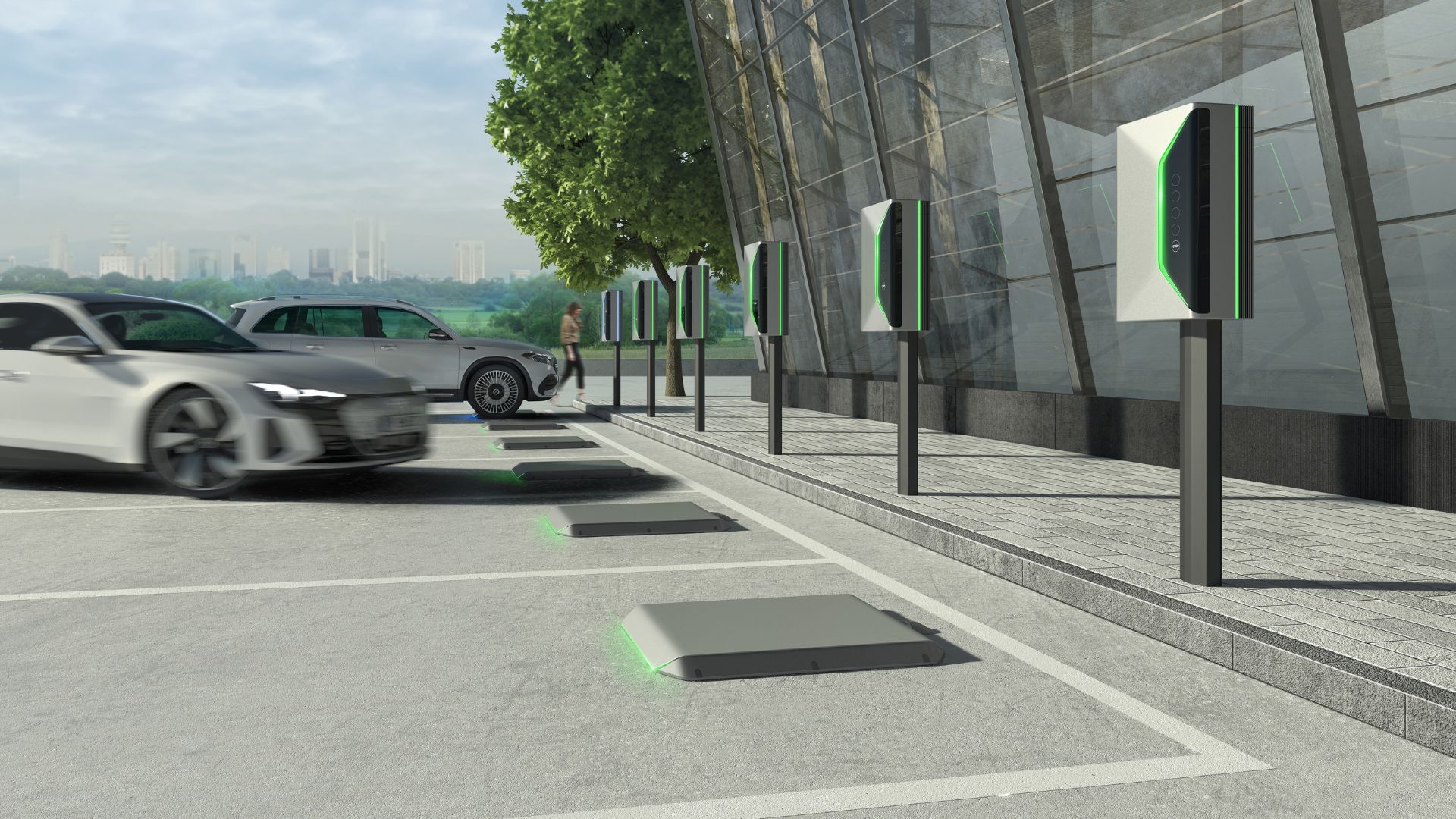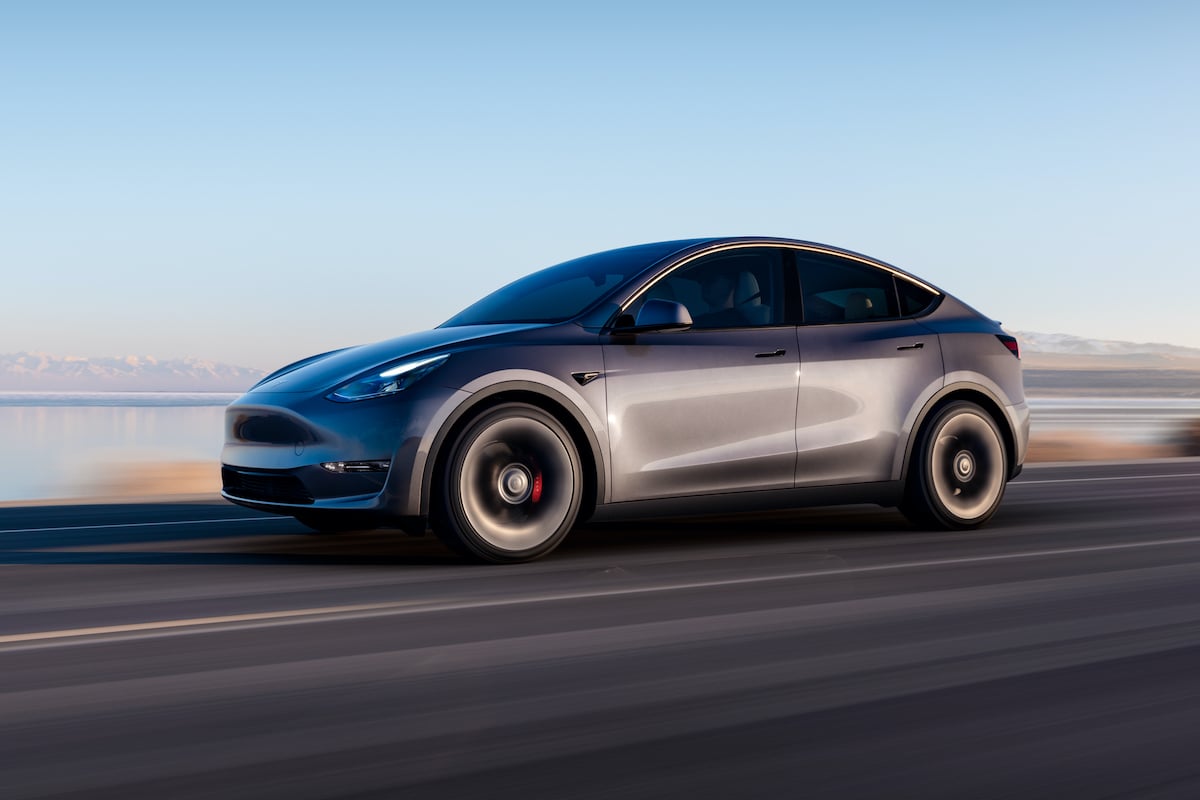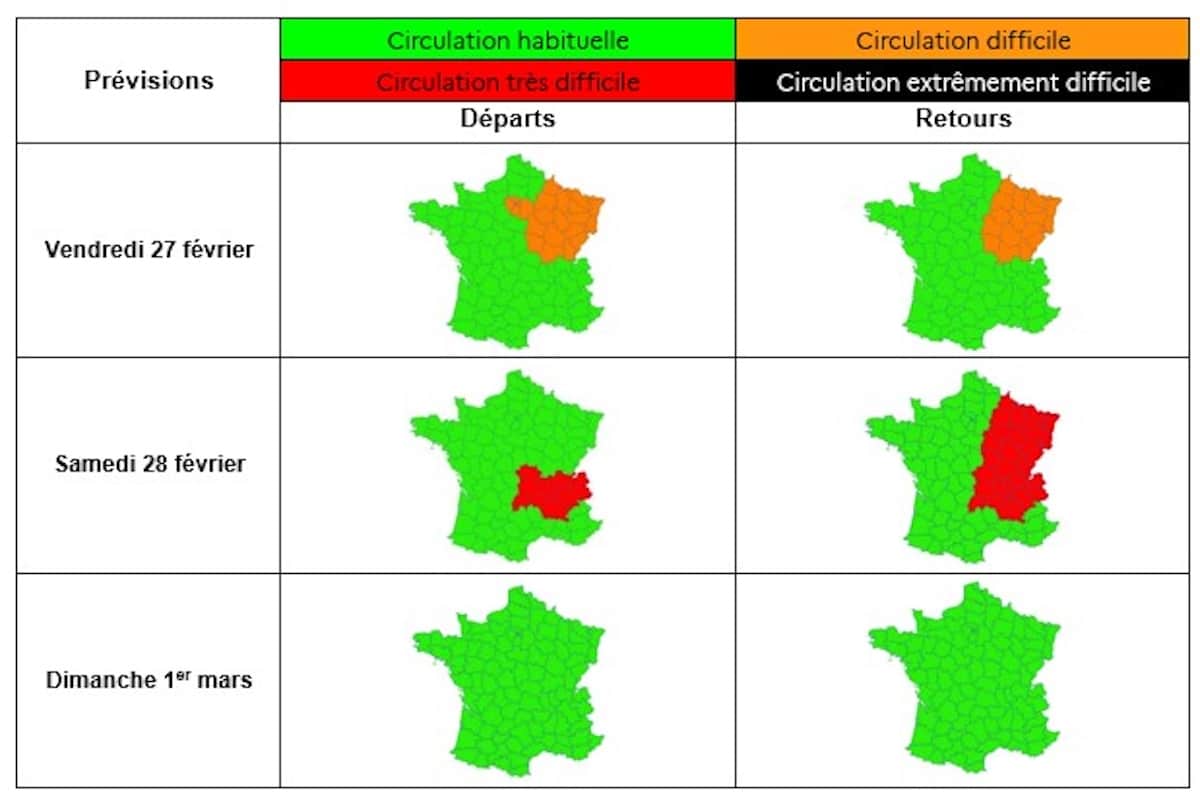Inductive Charging: Siemens Places Its Stakes

An electric car that recharges itself, without the need to plug in. With inductive charging, this dream nurtured by many motorists may become a reality.
While Stellantis is actively testing inductive charging in Italy, Siemens is also showing interest in this technology. The German group has just invested $25 million in WiTricity, an American company specializing in inductive charging for cars. The two partners will conduct joint research to explore new avenues and attempt to democratize this technology. According to Siemens’ estimates, the market for inductive charging will generate $2 billion in Europe and the United States by 2028.
Establishing standards to make the technology viable
Siemens and WiTricity face a dual challenge: on one hand, to standardize the technology so that it can be compatible with all electric vehicles, and on the other, to develop more efficient wireless charging systems.
In principle, the technology Siemens is working on operates like inductive charging for smartphones. A pad fixed on the ground generates an electromagnetic field, which charges the car without the need to plug it in. However, the vehicle must be equipped with a special “receiver” to capture the energy.
Inductive charging already available at BMW
BMW was a pioneer in this field, offering as early as 2018 a “wireless charging” option on the plug-in hybrid 5 Series. The system, which also works with a pad fixed to the ground, has a charging power of 3.2 kW. According to BMW, it can fully charge the vehicle’s battery in three and a half hours. The technology is therefore suitable for a plug-in hybrid car, which has a relatively small battery (9.2 kWh in this case for BMW). However, as it stands, it is not powerful enough to be used on fully electric cars.
Read also: Home charging: socket or wallbox, which to choose?
This page is translated from the original post "Recharge par induction : Siemens place ses pions" in French.
We also suggestthese articles:
Also read






